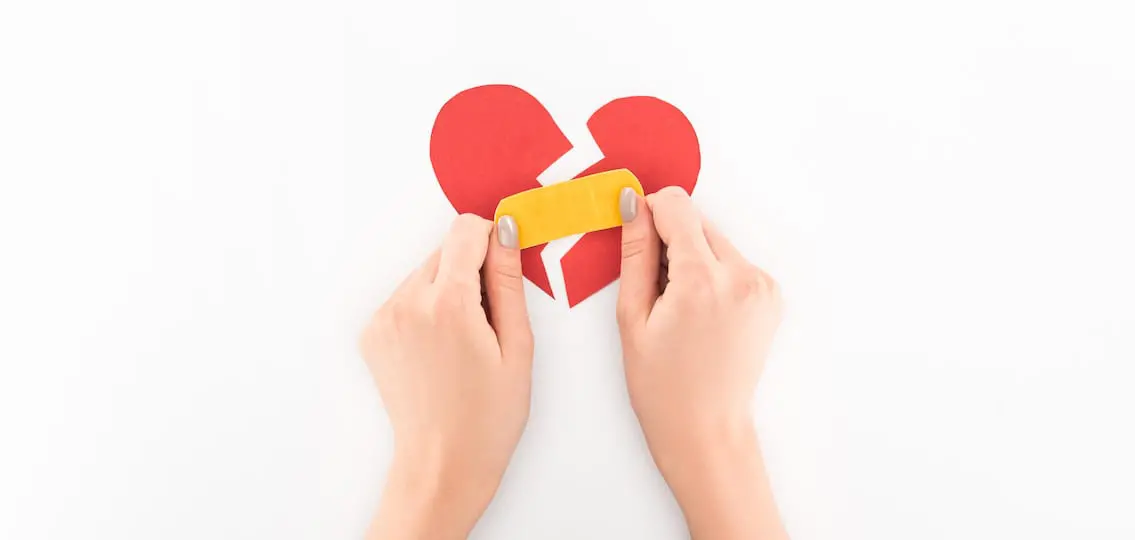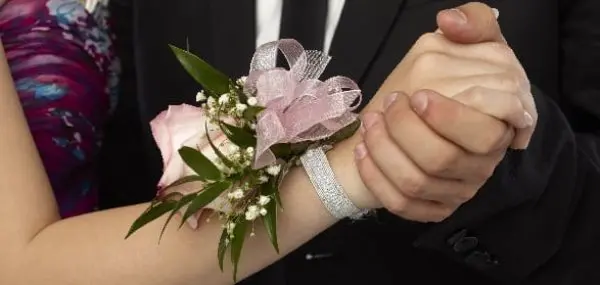As Neil Sedaka sings, “Breaking up is hard to do…” In this edition of Our Two Sense, Dr. Wes and Kyra offer teenage break up advice. Here are several tips for helping teenagers learn how to leave a relationship with a romantic partner.

Teenage Break Ups — All Break Ups — Are Hard To Do
DR. WES
Today Kyra and I will discuss tips for helping teens learn how to end a relationship. Here are mine. Feel free to pass them off to your teen. By the way, this teenage break up advice also works for adults:
Never dump (or threaten to dump) anyone you don’t really want to break up with.
People use breaking up as a threat, a punishment, or a method of controlling their partners. That’s just a way of avoiding dealing with real relationship problems. Breaking up, even teenage break ups, should be a final ending after everything else has been tried, not a manipulation.
It’s called breaking up for a reason.
You’re ending the relationship. Instead, one of the most disturbing trends among young couples in the last ten years is the double helix of friendship and dating. Teens like the freedom they get from being out of a relationship, but they don’t like the loneliness and hurt. So, they try to have it both ways—all gain, no pain. Instead, think of breaking up as deleting someone from your life. No hanging out, no post-break up sex, no late-night texts, no Facebook or Twitter stalking, and absolutely no Snapchat. You’re done. Be friendly in the hall at school or at a party, but do not try to be friends.
Forget “breaks.”
A break is an excuse for a dating couple to get busy with other people. Relationships are not fluid. You’re either in or you’re out. If instead you’re kind of halfway sort of breaking up a little, then you’re going to experience full-on hurt. Plus, there’s no better way to create jealousy after the relationship resumes than to rack up some random hook-ups in between.
Avoid overprocessing the breakup with your ex-.
The dumpee always wants to understand why he or she got dumped. That’s good for about a twenty or thirty minute conversation. Instead, it goes on for hours and really amounts to a campaign intended to wear down the dumper and get back together. Moreover, if the dumpee pushes hard enough, the dumper will accidentally slip and say something she means. And I guarantee he won’t like it.
KYRA
Teenage break ups are pretty common. This year, my high school newspaper staff didn’t cover Valentine’s Day the way we used to, simply because in the past, the teen couples we interviewed usually broke up just before the deadline—a week later. The lovebirds would go from giggling and telling reporters about their favorite date together, to avoiding eye contact and demanding their quotes be pulled from the story. This would have left big blank spots in the paper, just as it seems to have done in their lives.
Research shows that young people break up more often than those 30 and older. I think they should. As teens mature and change, so do their partners. Sometimes, they become less compatible. Here’s my advice for teens on how to end a relationship responsibly:
Don’t do it over social media.
That should be obvious, but every so often I hear about someone dumping someone via technology. Worse, some breakup texts or social media messages end up as screenshots and shared. The conversation should be between the parties involved, not the ex-couple and their combined 500 Twitter followers.
Be honest, but not too honest.
As Wes notes, the dumpee will want an explanation. If asked, don’t take the opportunity to outline all 200 of the relationship’s faults on your bulleted list along with four specific examples of each issue. Keep it brief, calm, and mature.
Don’t create drama where none need exist.
Friends should offer support during the post-break up, but be careful when selecting a confidant. Avoid your ex’s mutual friends and chatterboxes. Regardless of how closed you think anyone’s mouth may be, exercise caution when dealing with a break up.
Think, then act.
While Wes warns against parting ways with someone without completely considering the implications, you shouldn’t keep trying to make a relationship work after it becomes clear that it won’t. Don’t let your romance limp along like a zombie, waiting for whatever it is zombies wait for.





